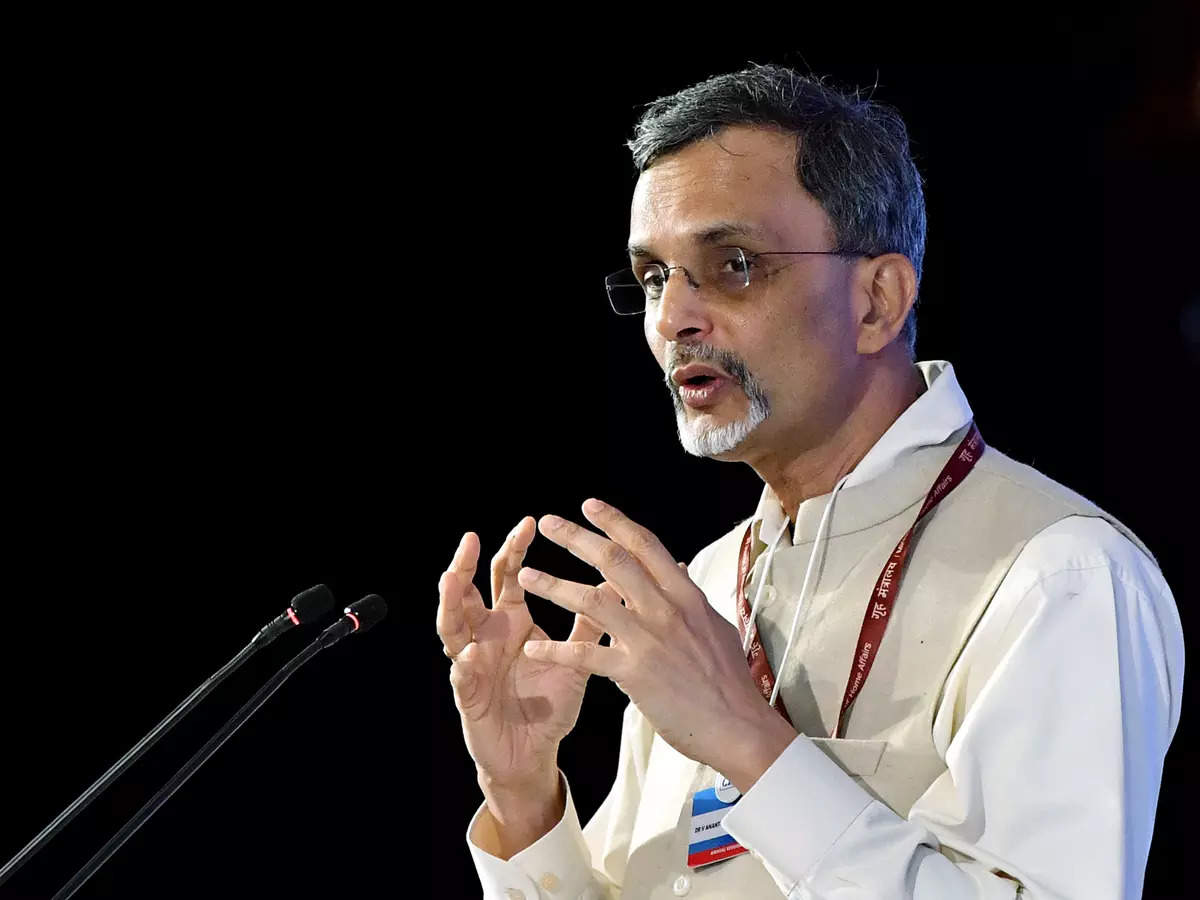
[ad_1]
The shock 8.4% surge in gross home product was largely as a result of base results associated to subsidies, which boosted the web oblique tax class, Chief Financial Adviser V Anantha Nageswaran stated in an interview on Thursday.
Even so, progress of about 8% within the earlier two quarters, and excessive frequency indicators are “pointing to the truth that it isn’t due to this one-off enhance coming from oblique taxes” alone, he stated. “There’s underlying and intrinsic momentum within the financial system.”
India’s “optimum” progress charge is 7%, however the “fascinating” charge is 8%, Nageswaran stated. Attaining that sooner progress would require a lot of financial reforms, a few of that are “low-hanging fruit,” he stated, similar to implementing labor and land insurance policies. That would “sustainably take us nearer to eight%,” he stated.
Nageswaran, a former banker who was appointed to his present publish in 2022, stated the federal government’s official progress forecast of seven.6% for the present fiscal yr ending in March was in all probability too conservative. The forecast implies GDP would develop 5.9% within the present quarter, which is “unrealistic,” he stated. Progress “shall be increased than that,” he added.
His feedback echo these of central financial institution Governor Shaktikanta Das, who stated Wednesday progress will in all probability be shut to eight% this fiscal yr.The federal government’s concentrate on constructing bodily and digital infrastructure up to now decade has elevated the financial system’s potential to develop at increased charges for an extended interval, he stated. Prime Minister Narendra Modi’s authorities has doubled infrastructure spending up to now three years, and has allotted about Rs 11 lakh crore ($133 billion) to the sector within the coming fiscal yr.








